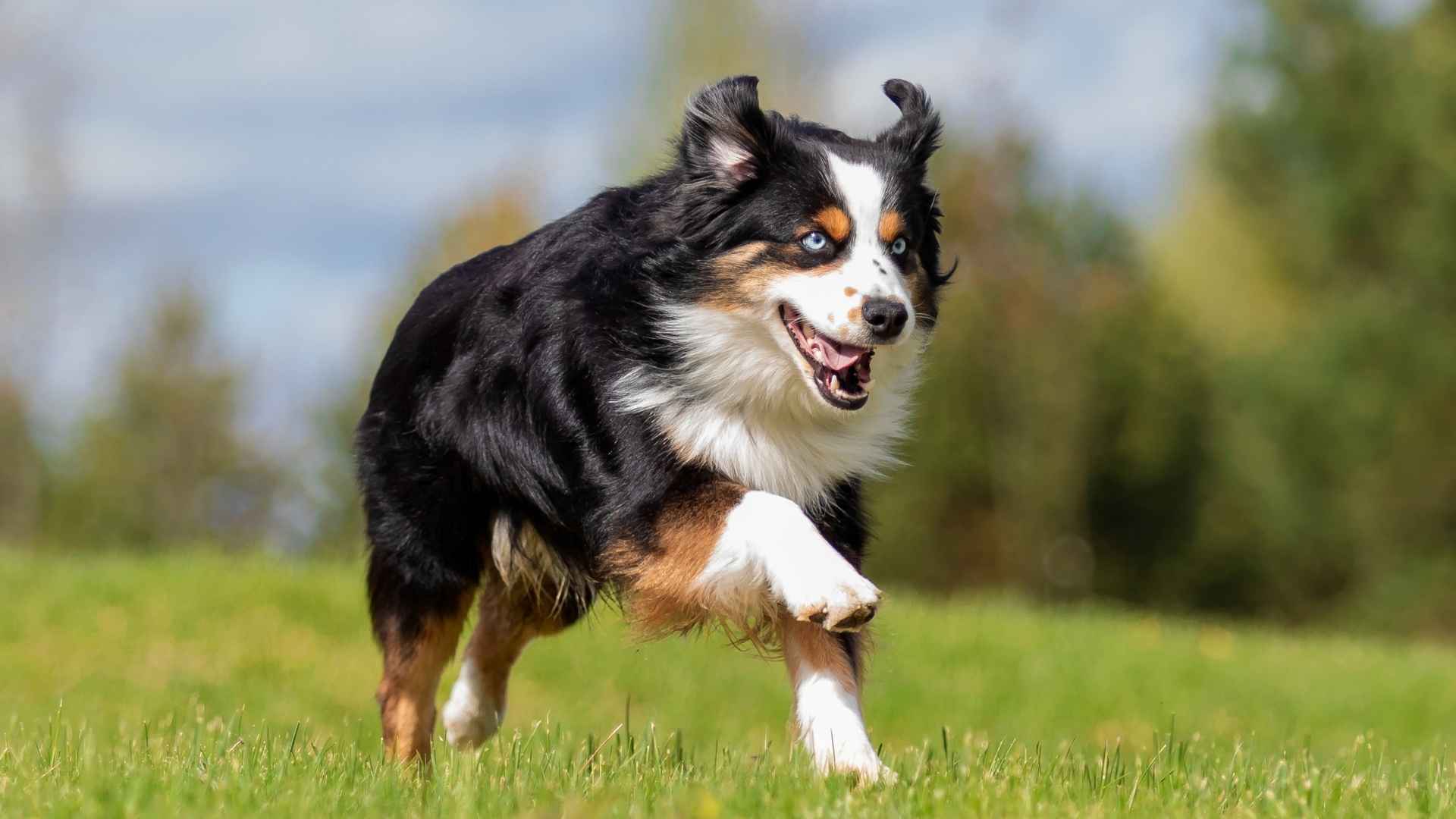Did you know that the length of your dog’s nose could determine how long they stick around? A 2024 study published in Scientific Reports analyzed data from over 580,000 dogs and found that small, long-nosed breeds tend to live longer than their flat-faced counterparts.
Apparently, the snout isn’t just for sniffing out treats—it’s a longevity indicator. Flat-faced breeds, like bulldogs, have a 40% increased risk of early death compared to their long-nosed peers.
But let’s not get too carried away with noses. Even within the same breed, health can vary. The study found that purebred dogs had a median lifespan of 12.7 years, while mixed-breed dogs averaged 12 years.
So, if you’re looking for a dog that won’t leave you heartbroken after a few years, consider one with a longer nose. They might just outlive your Wi-Fi router.
Ready to meet the healthiest dog breeds that laugh in the face of illness? Let’s dive in!
Most Resilient Dog Breeds
1. Australian Cattle Dog
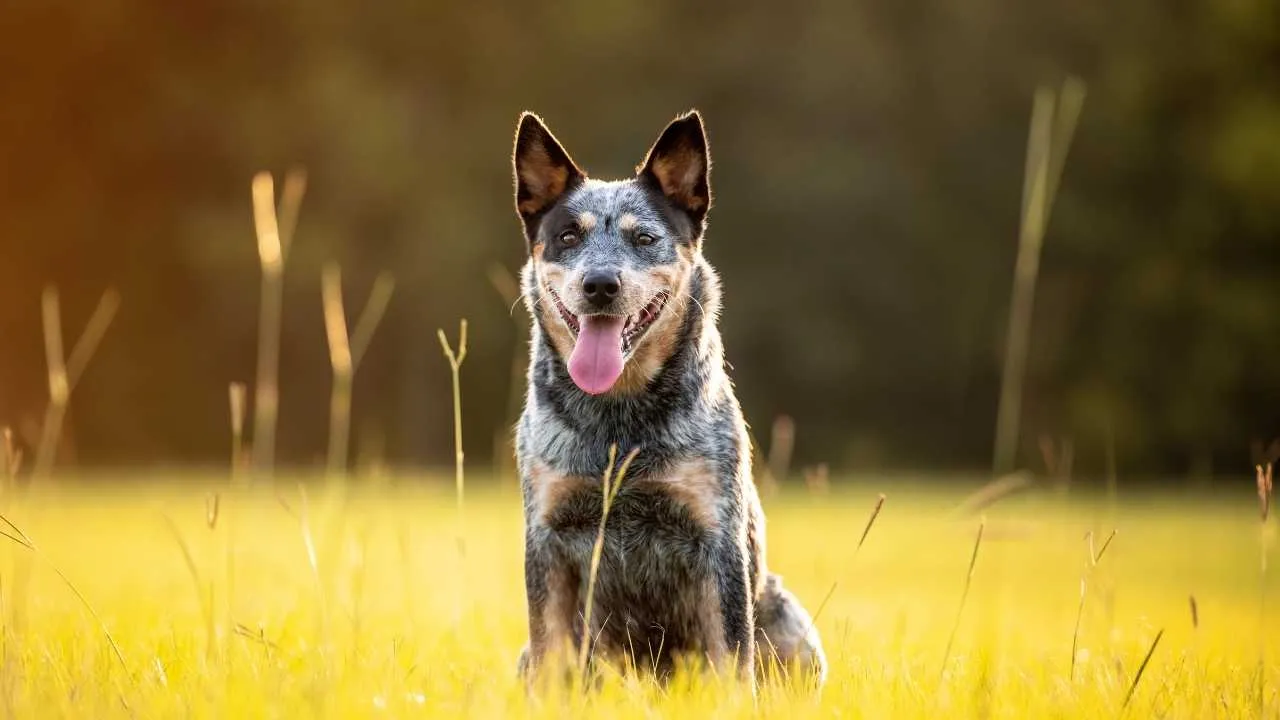
If you’re looking for a dog who’s as hardworking as a Monday morning, meet the Australian Cattle Dog. This breed is basically the unpaid intern of the dog world—always on the go, always eager to please, and more than happy to herd anything that moves, making them one of the healthiest pups.
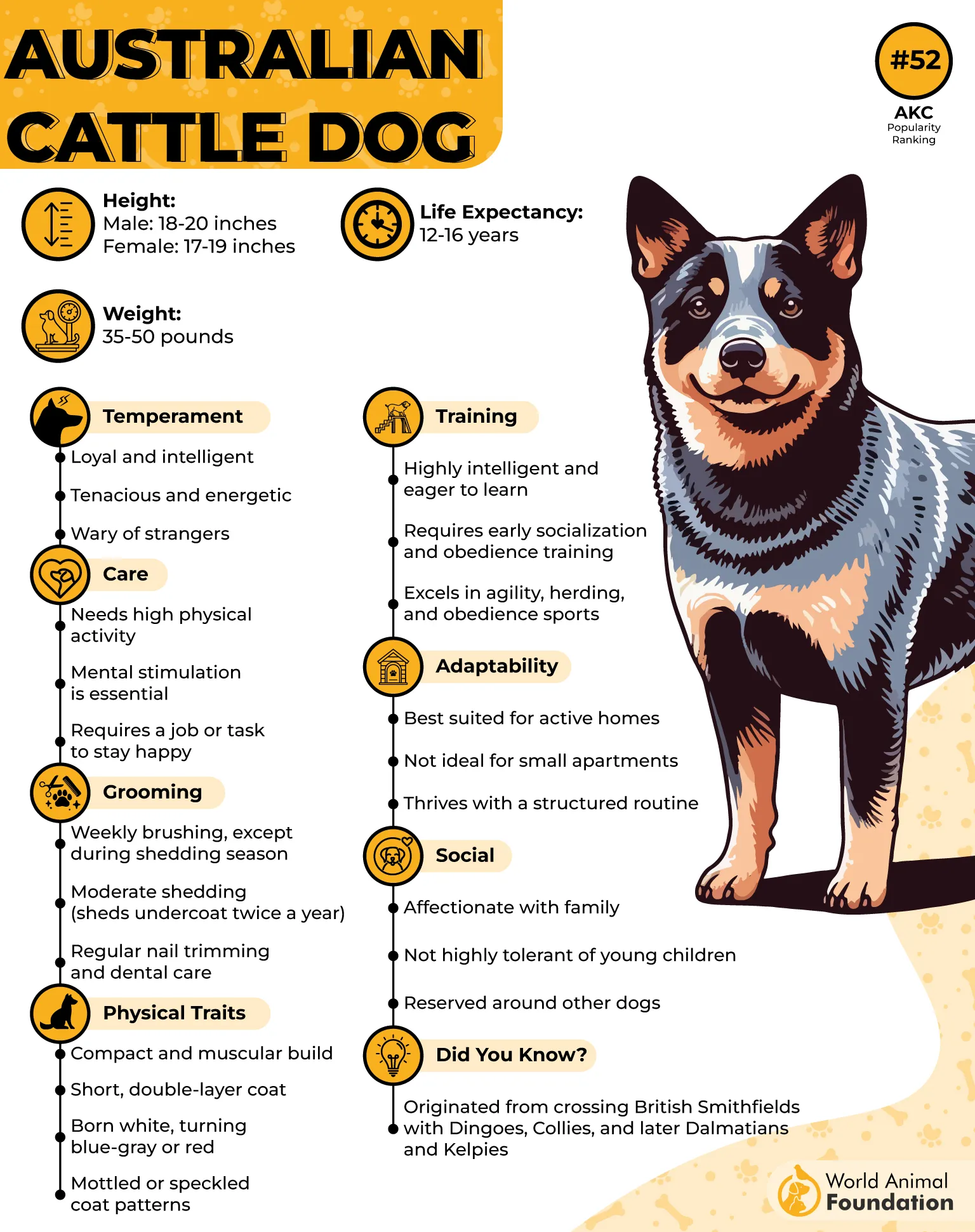
They’re loyal, fearless, and have enough energy to power a small village. A quick warning: if you’re not prepared to exercise them, they’ll take over your life… and possibly your couch.
How to Keep Your Dog Healthy:
These dogs aren’t just tough—they’re built for tough conditions. WebMD recommends that regular exercise is a must to keep them physically and mentally stimulated.
Whether it’s agility training or a good old-fashioned fetch session, keep them busy, or they’ll create their own “fun” (and trust me, it’s not the kind of fun you want).
Factors Affecting Lifespan: Genetic health, diet, exercise, and mental stimulation.
Vet Care Cost: Moderate, but keep an eye on their joints, as they can develop hip dysplasia if not kept active.
Ideal Owner and Home:
The Australian Cattle Dog isn’t for the faint of heart. This breed needs an active, experienced owner with plenty of space and time to give them the attention they deserve.
If you’ve got a farm or a yard where they can run like the wind, they’ll be in heaven. Urban apartment dwellers—proceed with caution!
2. Australian Shepherd
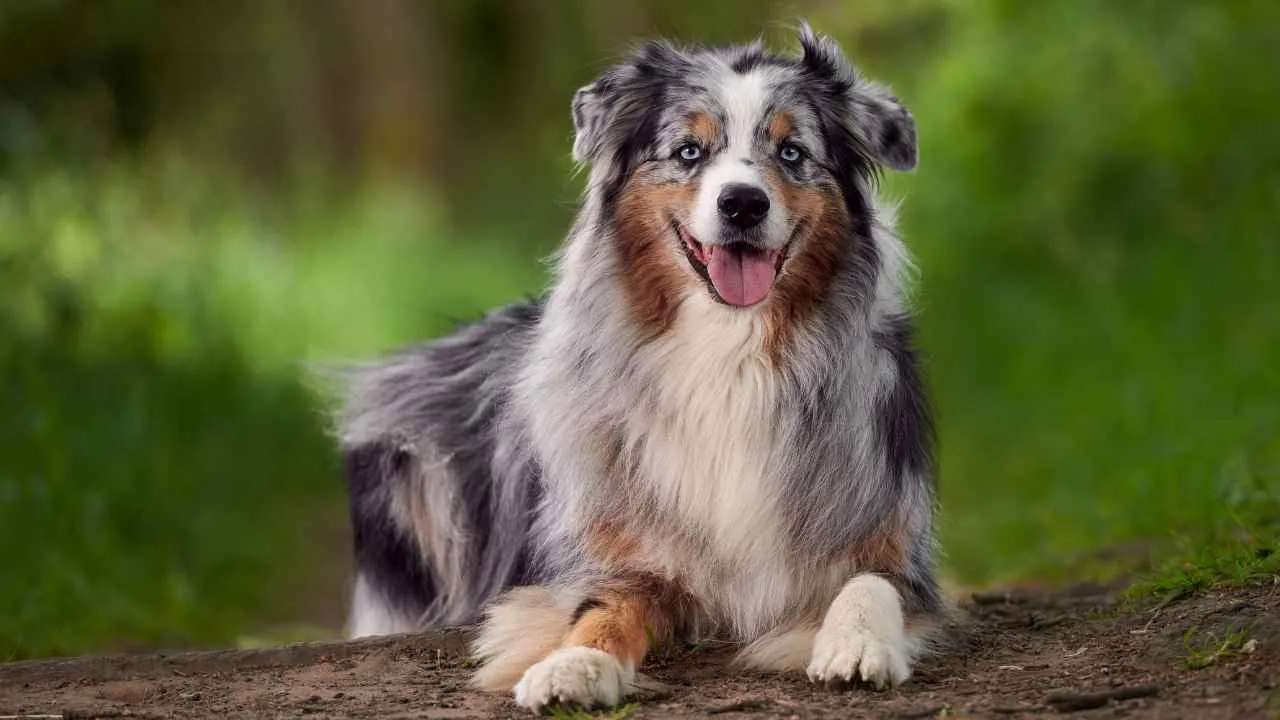
The Australian Shepherd is basically the dog version of a yoga instructor—intelligent, energetic, and always looking for a new challenge. They thrive on having a job, whether it’s herding cattle or herding your remote control when you’re not looking.
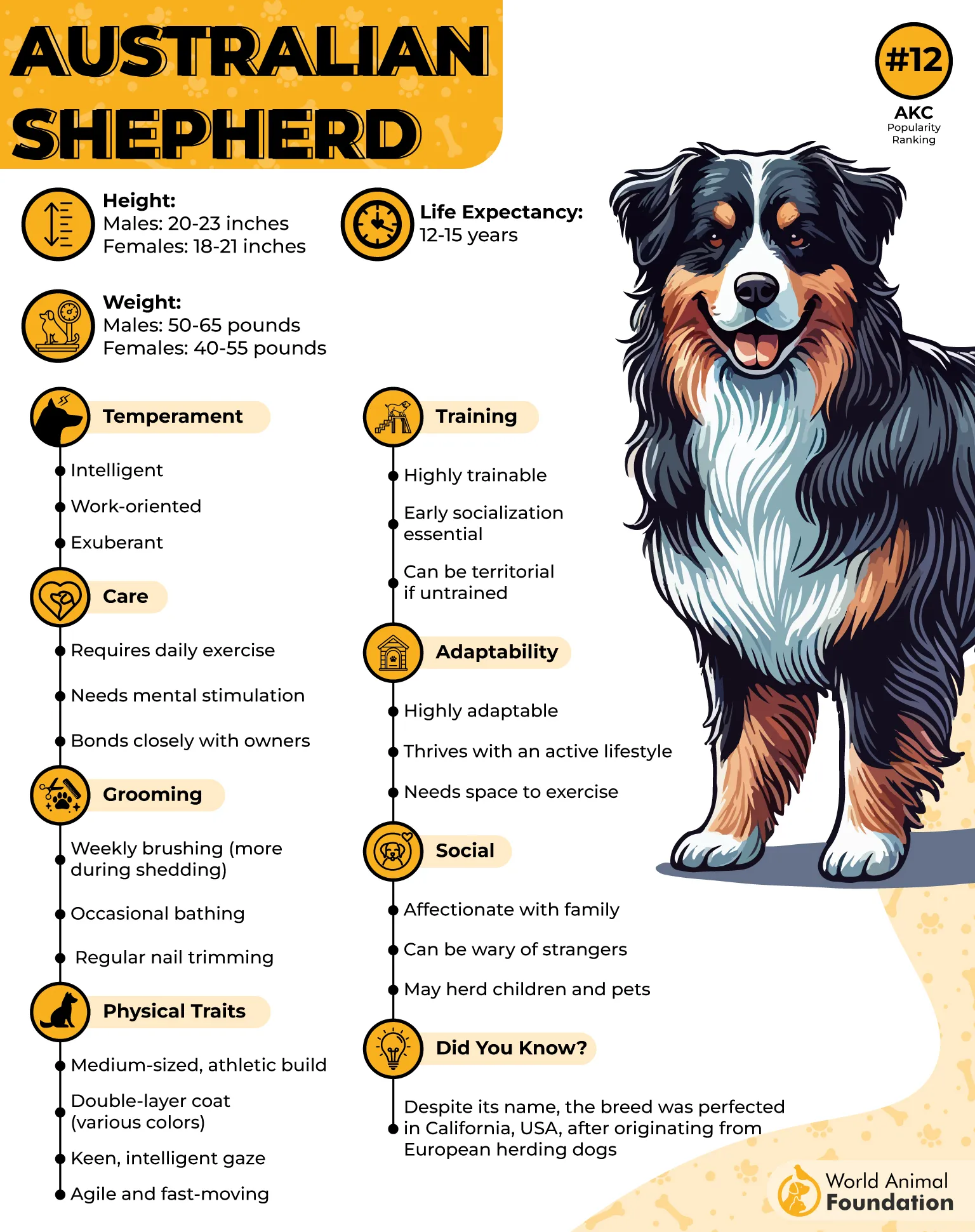
They’re friendly, loyal, and, let’s face it, a little too smart for their own good—be prepared for them to outwit you more than once.
How to Keep Your Dog Healthy:
To keep your Aussie in top shape, it’s all about a healthy balance of physical and mental stimulation. Regular exercise like hiking or agility training is key.
Also, don’t forget to brush their coat regularly to avoid a tangled mess that could rival your last attempt at a DIY project.
Factors Affecting Lifespan: Exercise, genetic predispositions like hip dysplasia, and dental health.
Vet Care Cost: Higher than average, mainly due to their high energy and potential for joint issues.
Ideal Owner and Home:
This breed is ideal for active families, couples, or individuals who love outdoor activities. If you’ve got a lot of room to roam, great! If not, be ready to dedicate some serious time to exercise. Aussies aren’t couch potatoes—they’ll have you chasing them around the park before you even realize it.
3. Chihuahua
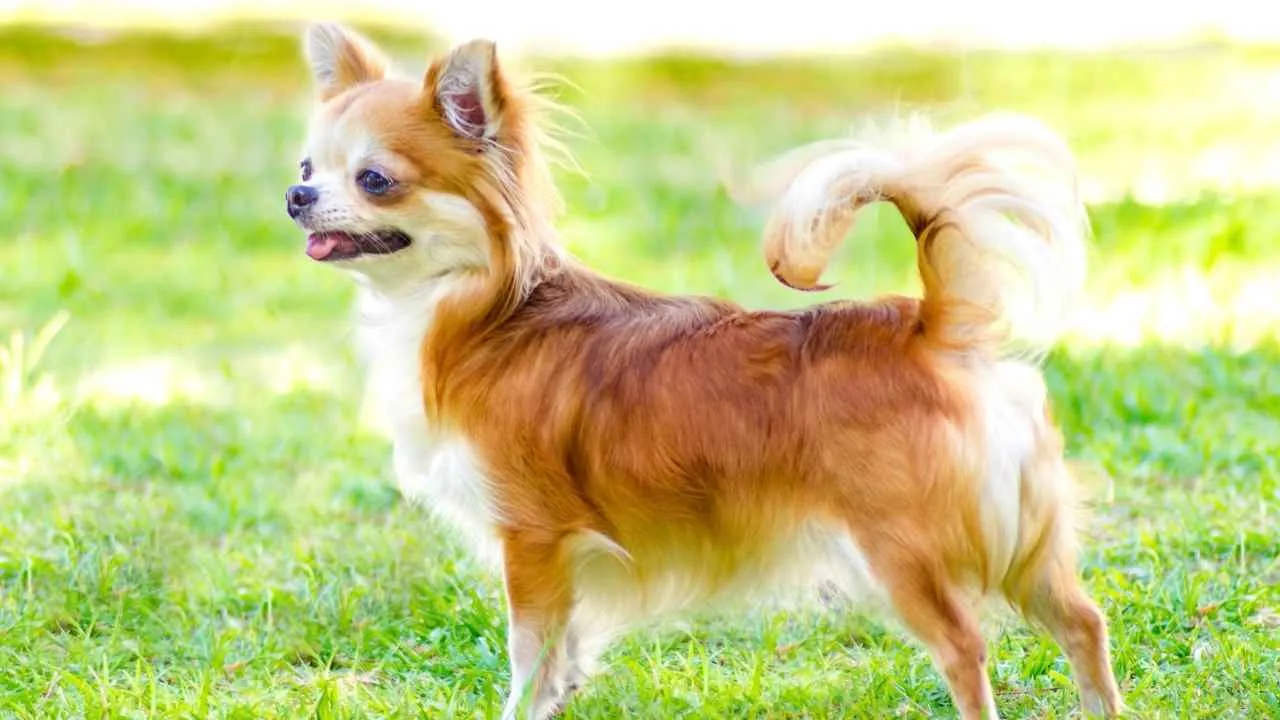
Chihuahuas are tiny but mighty, with the attitude of a dog five times their size. These little alert dogs think they’re the boss of the world—and let’s be honest, they are.
They’re fiercely loyal, love to cuddle, and will give you an earful if they feel like something’s off. And don’t let their size fool you—they’re tough as nails when it comes to defending their turf.
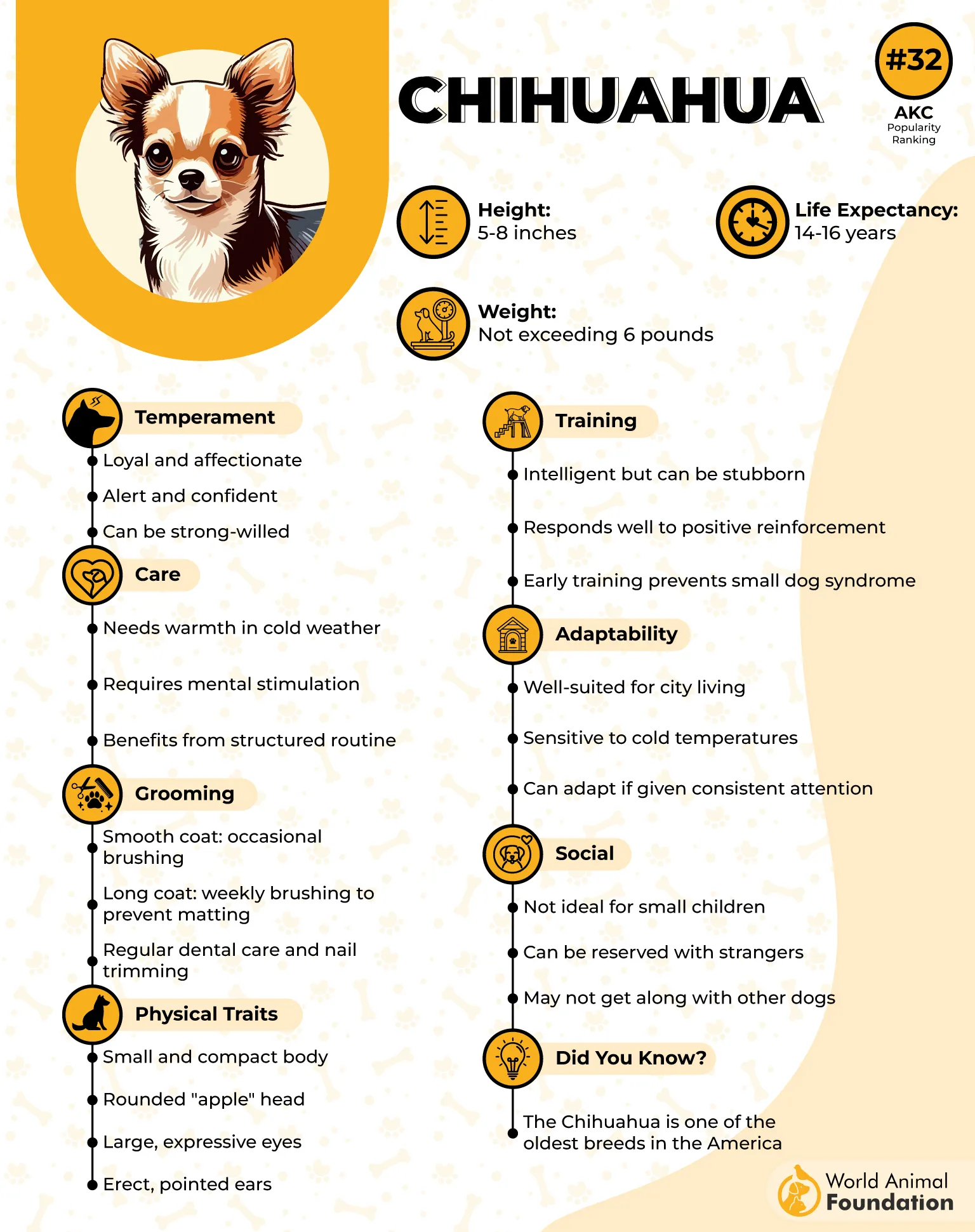
How to Keep Your Dog Healthy:
Despite their small size, Chihuahuas require regular vet visits to check on their heart and dental health. Keep their little legs moving with short walks, and don’t let them get lazy, or you’ll have a little diva on your hands. A high-quality diet is essential to keep them at their best, especially as they age.
Factors Affecting Lifespan: Genetics (watch for heart issues), weight management, and dental care.
Vet Care Cost: Relatively low, but don’t skimp on those dental checkups—they’ve got tiny teeth that need attention.
Ideal Owner and Home:
Chihuahuas thrive in small spaces—so if you’re in a cozy apartment, you’re in luck! They’re perfect for pet parents who want a low-maintenance, yet sassy, sidekick.
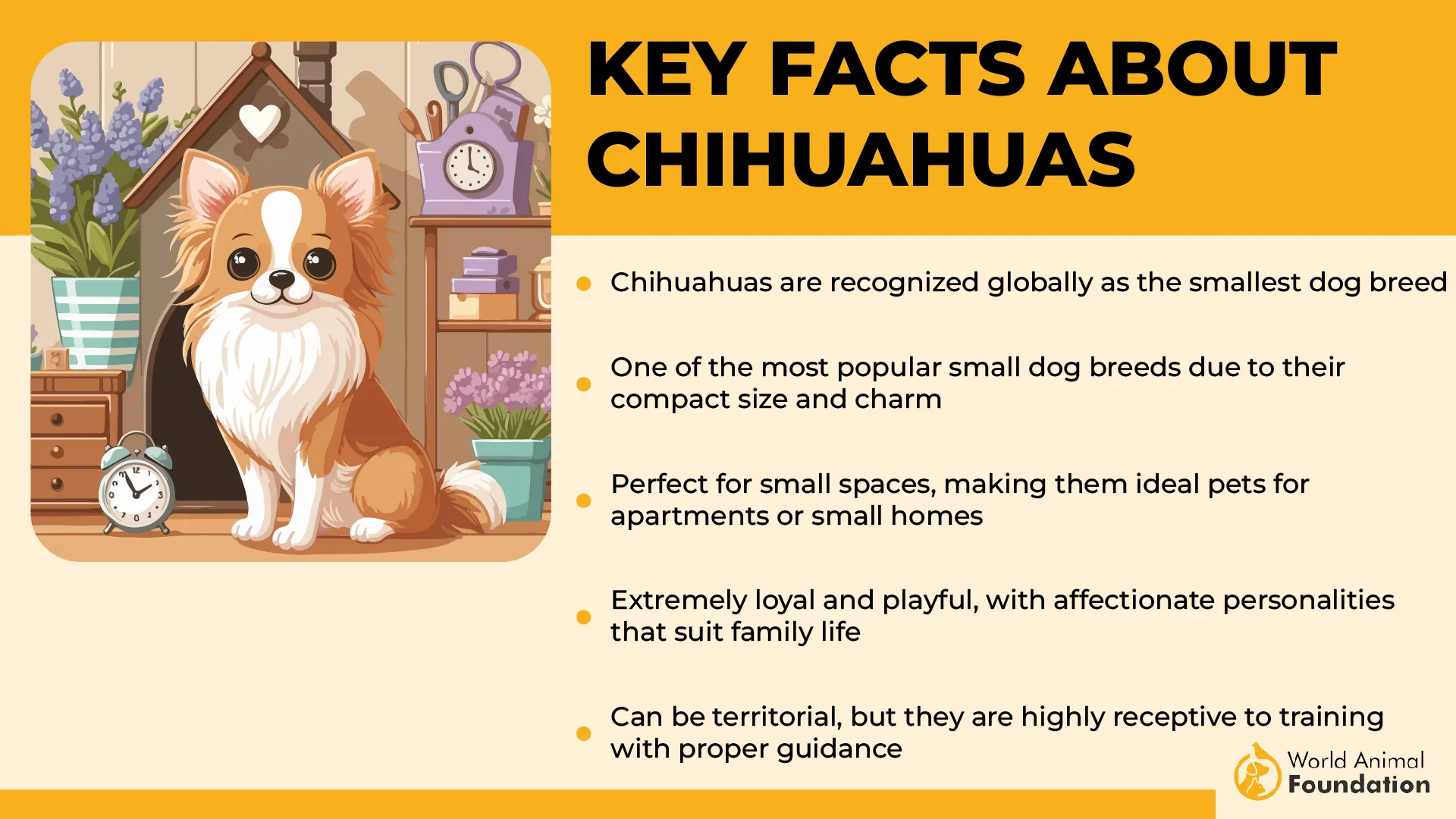
However, don’t expect them to be quiet; they’ll happily remind you that they’re in charge, whether you’re ready or not. They make great companions for city dwellers who can keep up with their big personalities.
4. Greyhound
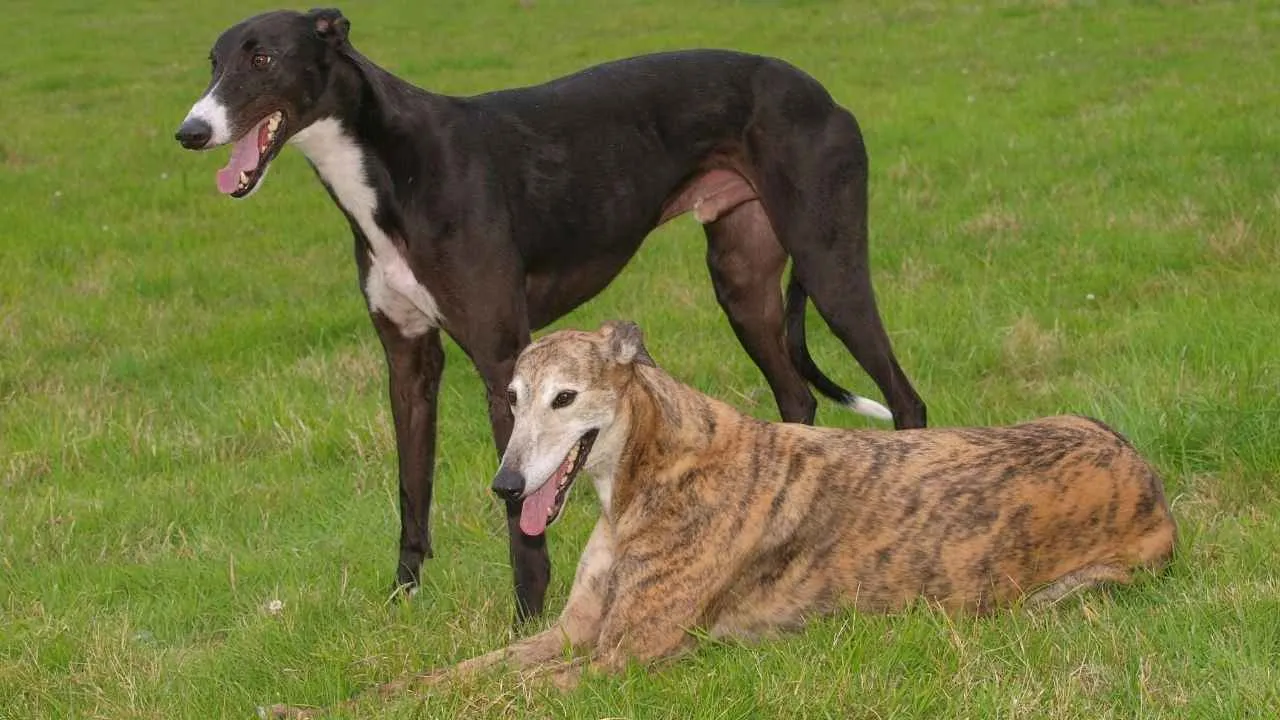
Don’t let their sleek, athletic look fool you—Greyhounds are the couch potatoes of the dog world. Sure, they’re built for speed, but they’d much rather spend the day lounging around and looking incredibly regal while doing so.
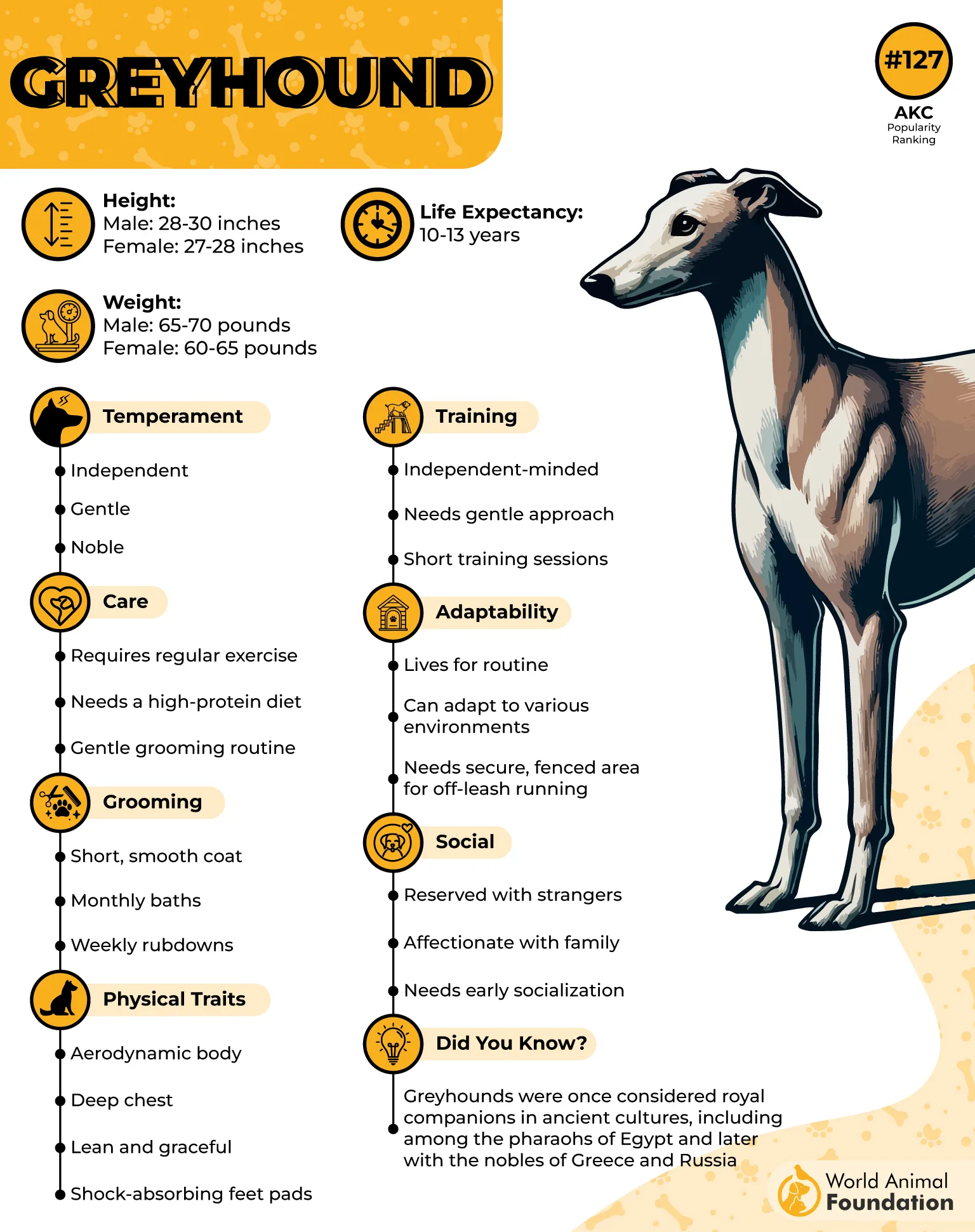
Britannica claims that these dogs are calm, gentle, and surprisingly affectionate. Once they’ve had their sprint, they’re more than happy to curl up and nap for the next few hours.
How to Keep Your Dog Healthy:
While they might be fast on the track, Greyhounds require minimal exercise once they’ve burned off that initial energy.
A couple of short walks and playtime is usually enough. Their short coats mean they don’t need a ton of grooming, but they’ll appreciate a soft bed to rest on after a burst of zoomies.
Factors Affecting Lifespan: Genetics, exercise level, and diet.
Vet Care Cost: Moderate, but be mindful of their bones—Greyhounds are prone to certain injuries due to their racing background.
Ideal Owner and Home:
If you’re a low-energy person who appreciates a dog that can chill with you, a Greyhound is perfect. They do well in apartments or homes with a small yard, but they’ll need a comfy spot to lounge.
They’re best suited for owners who enjoy quiet companionship and can provide them with gentle walks and the occasional sprint in an enclosed area.
5. Havanese
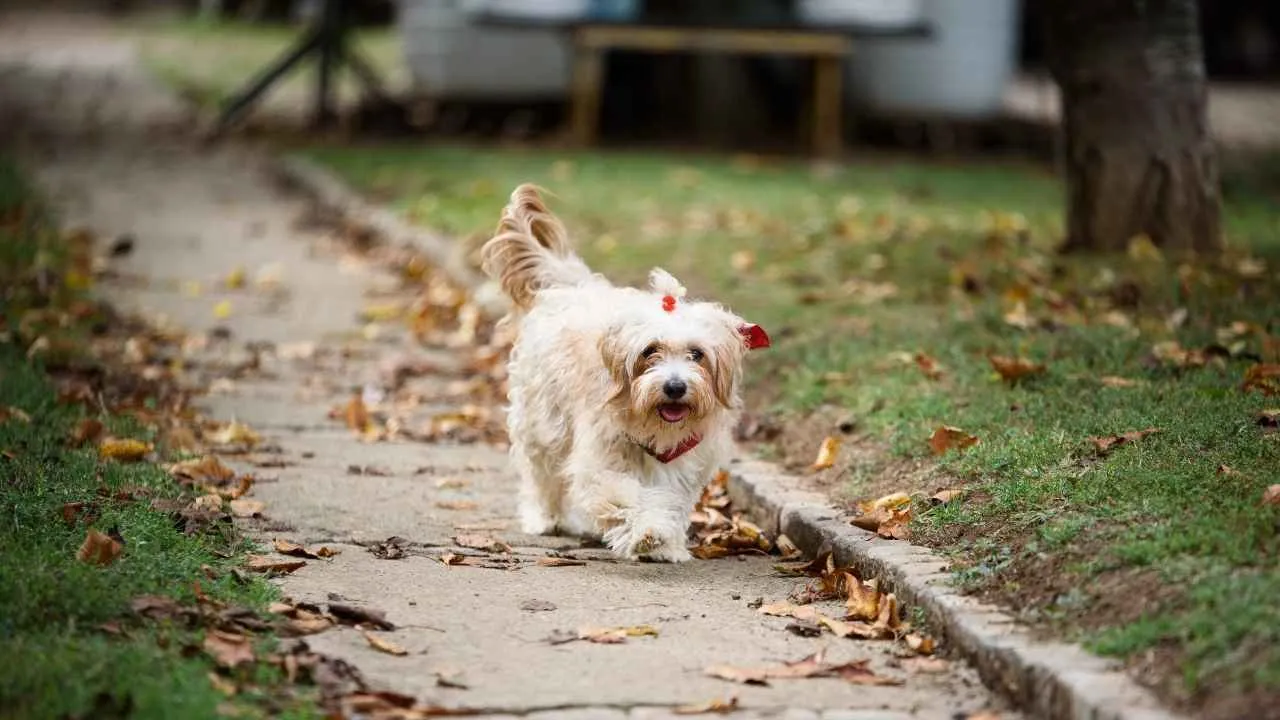
The Havanese is the life of the party in a small package. This breed is friendly, lively, and ready to entertain at any moment, with a personality as fluffy as their coat.
They’re known for their affectionate nature, making them excellent companions for families, singles, and even other pets. Havanese love attention but aren’t overly demanding—just enough to keep you on your toes.
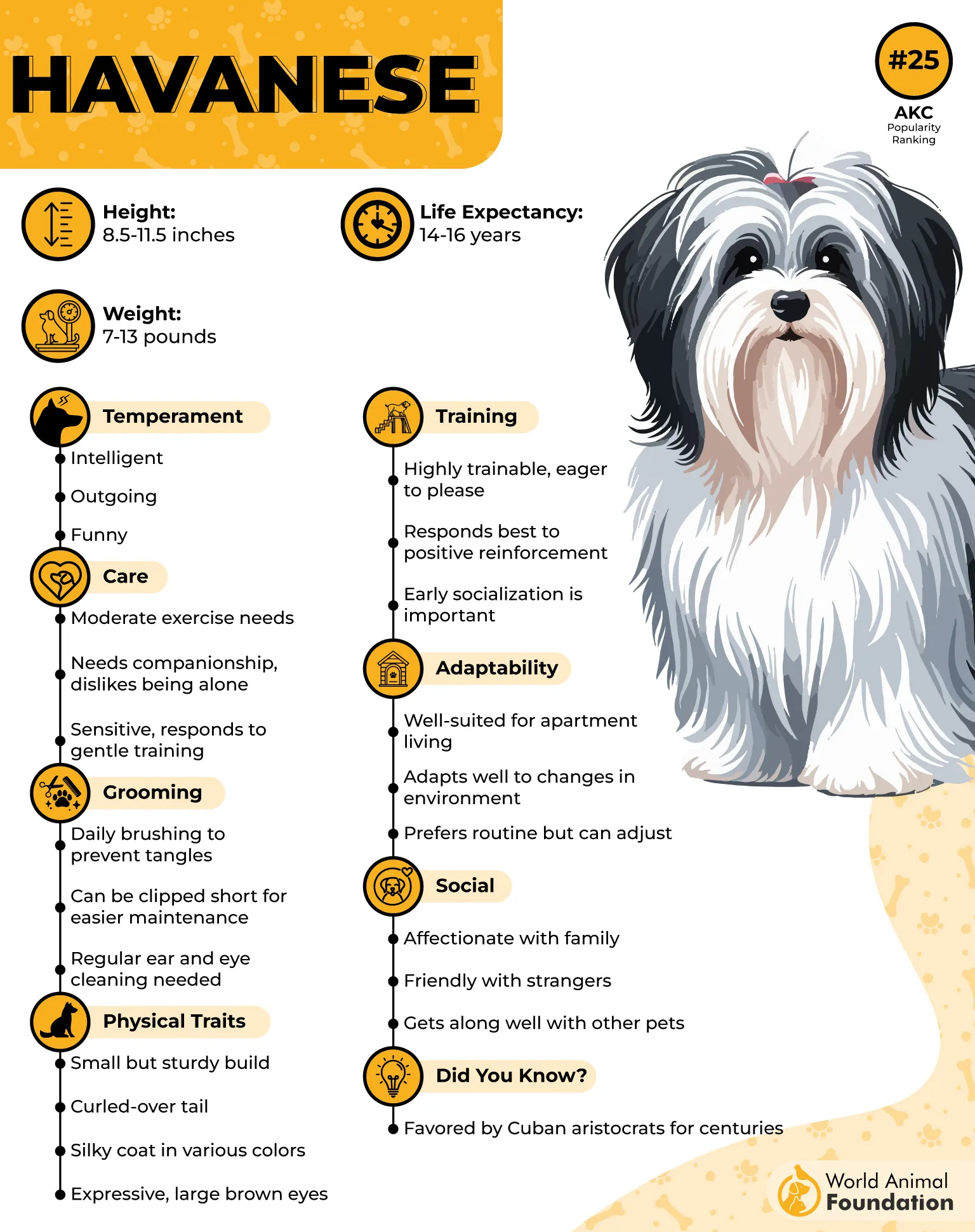
How to Keep Your Dog Healthy:
Despite their energetic nature, Havanese require only moderate exercise—think short daily walks and some indoor playtime.
Their long coats require regular grooming to avoid mats, and you’ll want to brush them a few times a week. They can also be prone to dental issues, so make sure to keep up with their oral care.
Factors Affecting Lifespan: Diet, exercise, and genetics.
Vet Care Cost: Moderate, mainly due to grooming needs and dental care.
Ideal Owner and Home:
Havanese are ideal for families or individuals looking for a small, adaptable companion who thrives on human interaction.
They do well in apartments as long as you’re willing to give them attention and keep their grooming in check. These little dogs will need a home where they’re not left alone for long periods—otherwise, they might start thinking they own the place.
6. Poodle
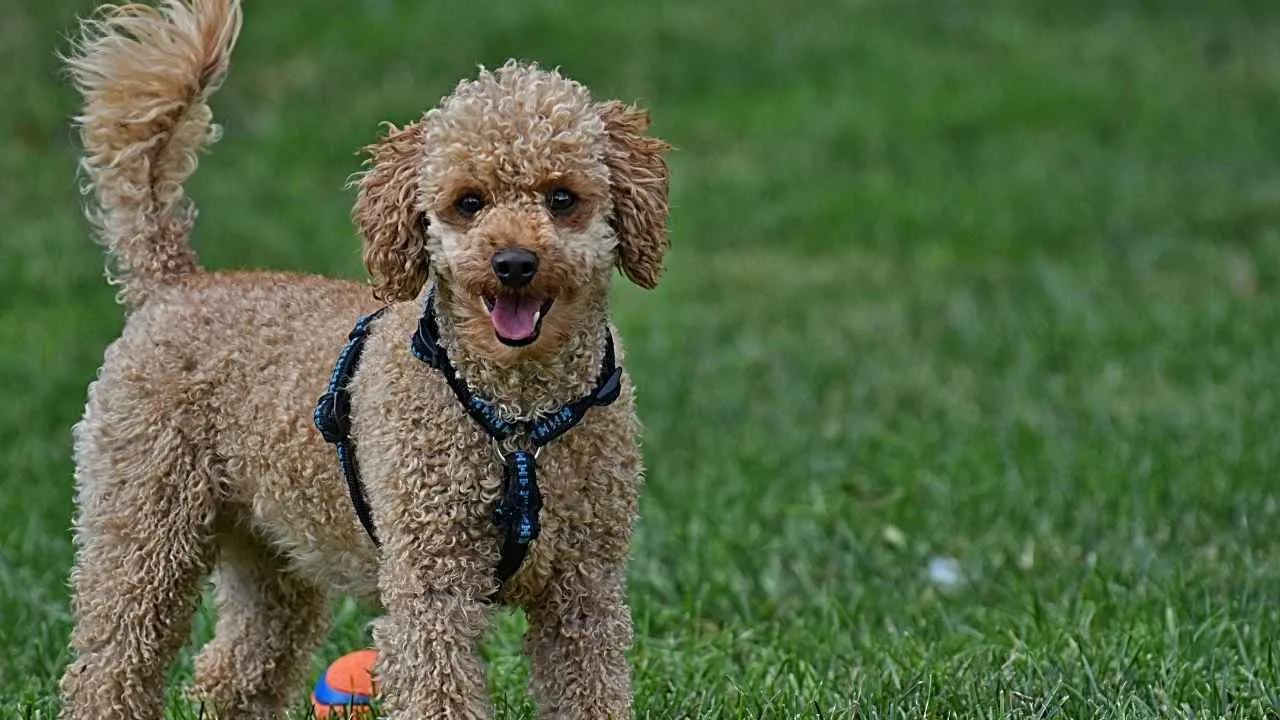
The Poodle is like the dog version of a highly-trained athlete and an intellectual in one. They’re incredibly smart, quick to learn, and love to show off their skills—whether it’s fetching a ball, solving a puzzle, or making you laugh with their quirky antics.
Poodles are also incredibly friendly and enjoy being the center of attention, though they’re not as needy as some other breeds.
How to Keep Your Dog Healthy:
Poodles need regular exercise to keep them mentally and physically sharp—long walks, play sessions, and plenty of enrichment.
Their curly coats require frequent grooming, so be prepared for a bit of a commitment. Due to their intelligence, they can be prone to boredom if not properly stimulated, leading to mischievous behaviors.
Factors Affecting Lifespan: Genetics, activity level, and grooming care.
Vet Care Cost: Higher, especially for grooming and dental care.
Ideal Owner and Home:
Poodles are perfect for active families or individuals who are willing to engage with them mentally and physically. They do well in homes with a yard or families that love outdoor activities.
If you’re a first-time dog owner, the Poodle’s intelligence will make training a breeze, but don’t expect them to stay out of trouble for long—they’re too clever for that.
7. Shiba Inu
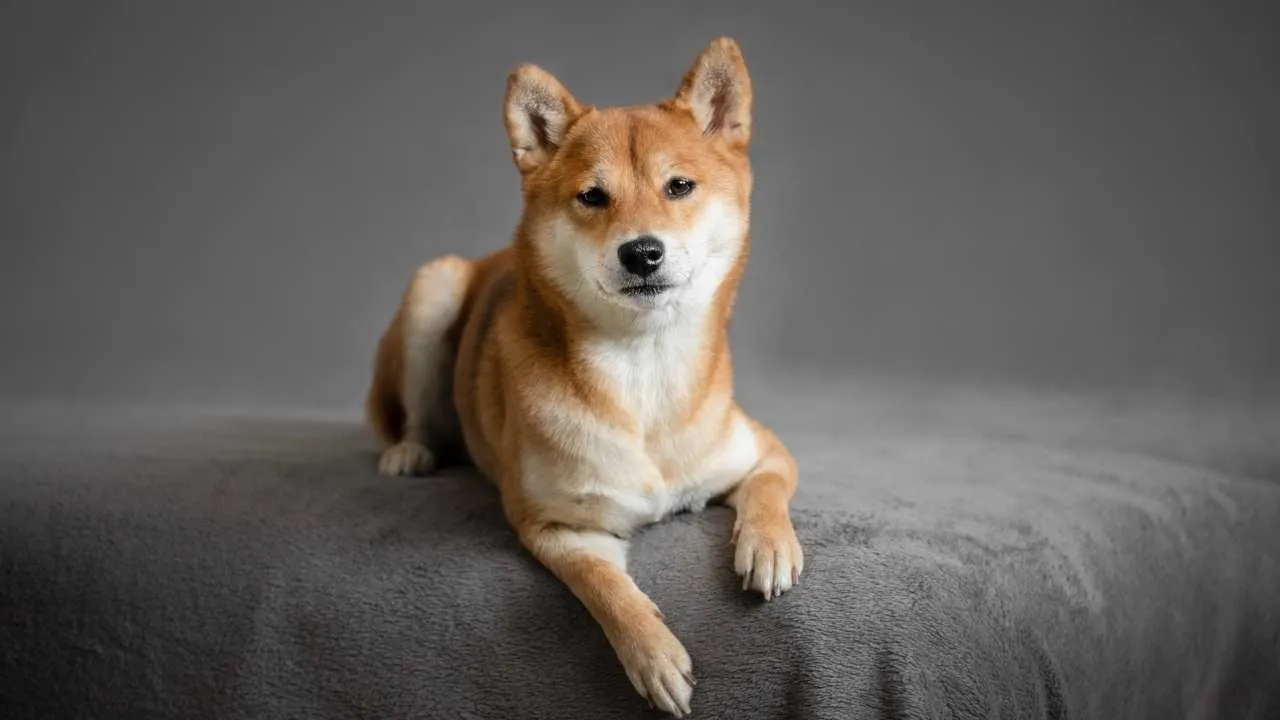
The Shiba Inu is basically the “cat” of the dog world—independent, stubborn, and with a personality that screams, “I do what I want.”
These intelligent breeds of dogs are fiercely loyal but are known to be somewhat aloof with strangers. They’re clean, dignified, and love to be left alone sometimes—basically, they’re the introverts of the dog kingdom.
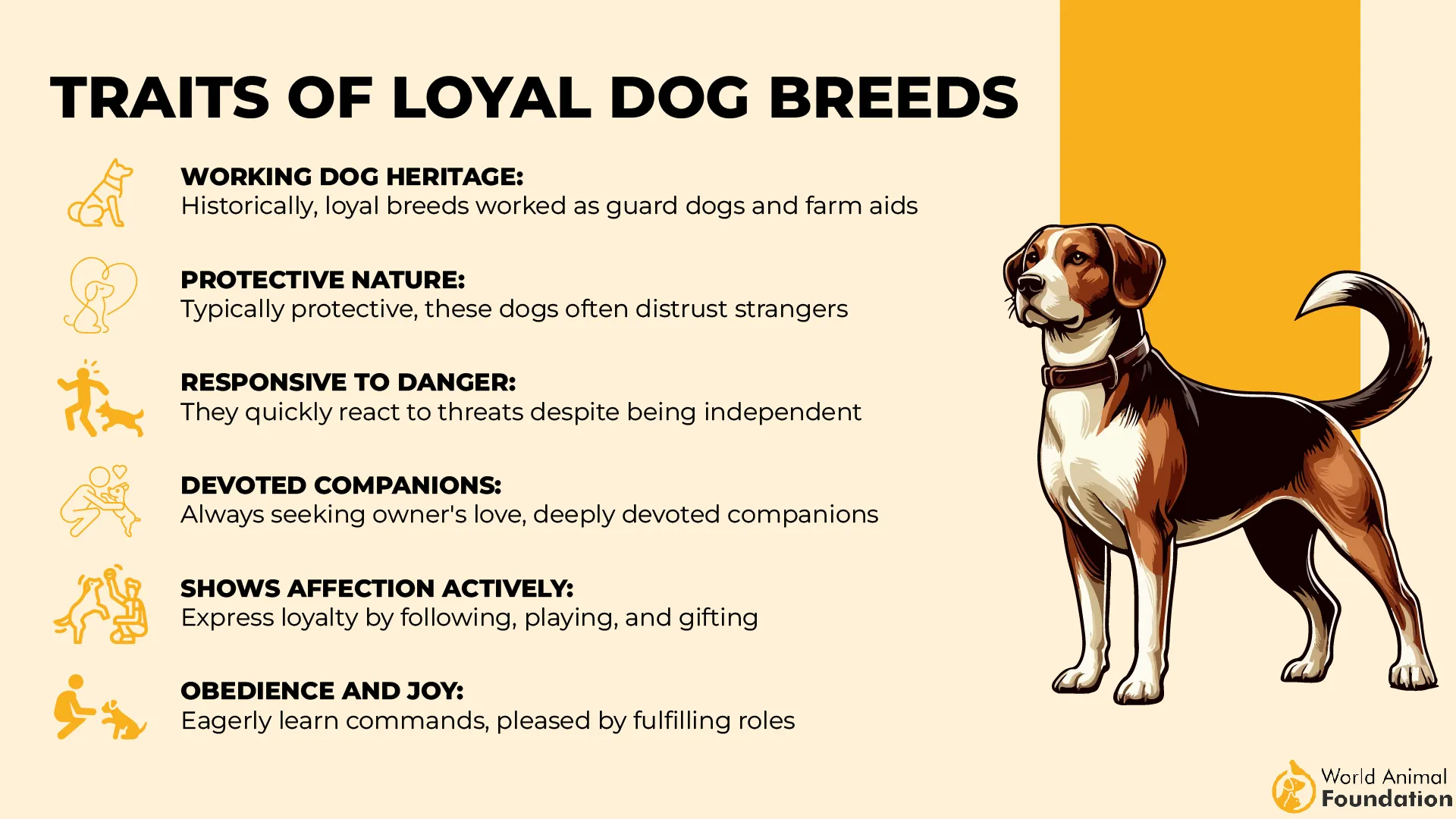
How to Keep Your Dog Healthy:
Shibas are generally healthy but can suffer from certain genetic issues like hip dysplasia and eye problems, so regular vet check-ups are essential.
They don’t require much exercise but do enjoy a good run in a secure, fenced area. Their double coats need regular brushing, especially during shedding season, to prevent mats and tangles.
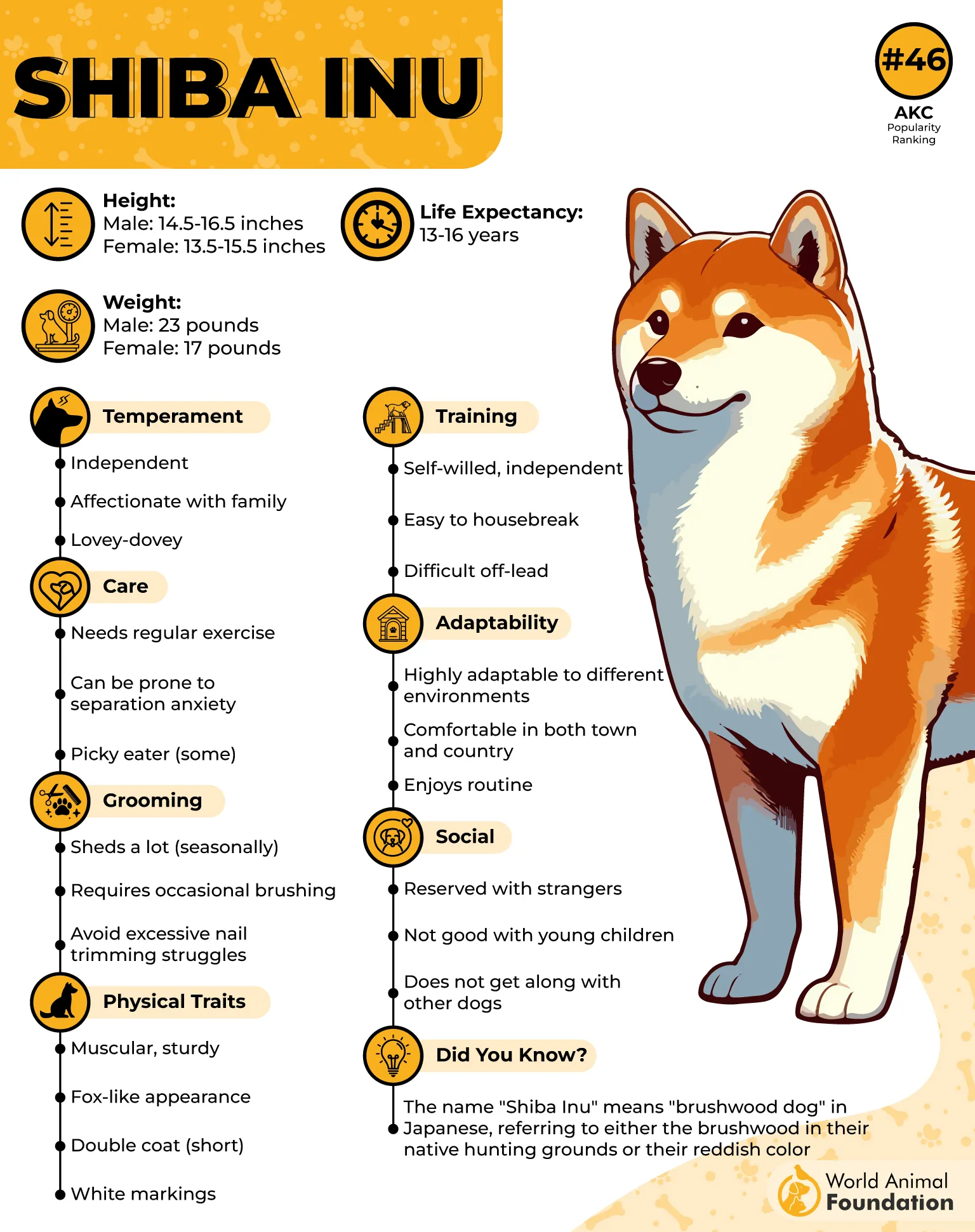
Factors Affecting Lifespan: Genetics, exercise, and diet.
Vet Care Cost: Low to moderate, with the main concern being their grooming and occasional health issues.
Ideal Owner and Home:
AKC suggests that Shibas are best suited for experienced dog owners who appreciate a more independent dog. They don’t need constant attention but do enjoy a good cuddle when they feel like it.
They’re perfect for active individuals or families with secure yards where they can run freely and burn off energy on their own terms.
FAQs
1. Are resilient dog breeds easier to care for?
Resilient dog breeds tend to be hardier and more independent, which can make them easier to care for in terms of health. However, many of these breeds still require proper exercise, mental stimulation, and a balanced diet to stay in top shape. While they may face fewer health concerns overall, their active nature might mean they need more attention in terms of physical activity and engagement.
2. What environment is best for resilient dog breeds?
Resilient dog breeds thrive in environments where they can be active and mentally challenged. Many of them prefer larger spaces to roam, such as homes with a yard or rural settings. However, some adaptable breeds can do well in urban areas, provided they get regular exercise and stimulation. The key is a well-balanced environment that allows these dogs to express their energy and instincts.
3. Are resilient dog breeds less prone to illnesses?
While resilient dog breeds may be genetically stronger and have fewer health issues overall, they’re not immune to all illnesses. Their ability to stay healthy is influenced by factors like diet, exercise, genetics, and regular veterinary care. Some breeds are less prone to hereditary health conditions, but like all dogs, their health depends on proper care throughout their lives.
Conclusion
In conclusion, choosing the healthiest dog breeds means considering factors like their activity levels, genetics, and care needs. Whether you’re eyeing herding dogs like the Border Collie or athletic hunting dogs like the German Shorthaired Pointer, each breed brings something special to the table.
While we’ve highlighted a few resilient pups today, don’t forget there are also tiny dogs, like the Bichon Frise, and powerful working dogs like the Anatolian Shepherd, all with unique traits that affect their health.
Remember, a dog’s health isn’t just about genetics; regular exercise, a balanced diet, and responsible care from reputable breeders go a long way in ensuring your pet thrives. So, which breed will you choose for your family’s next furry companion?


